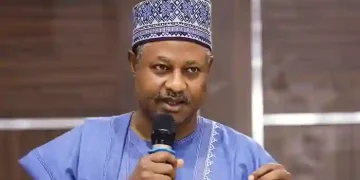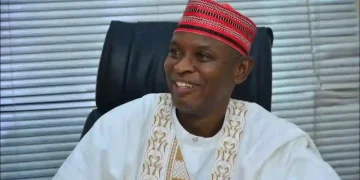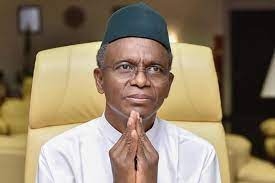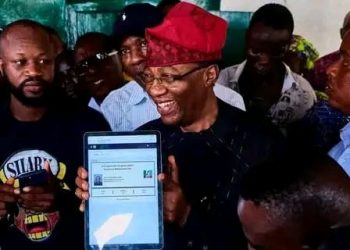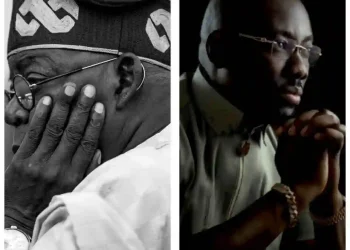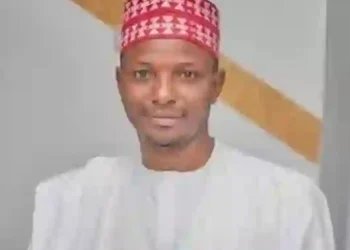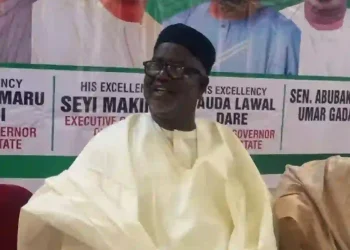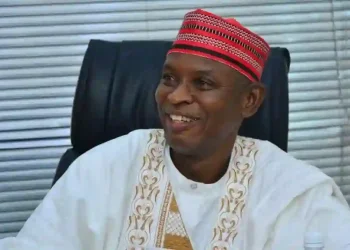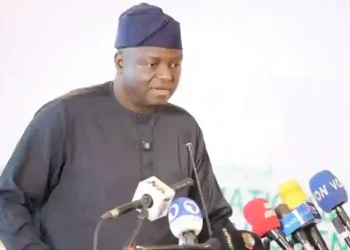The Chairman of the Christian Association of Nigeria (CAN) in the 19 Northern states and the Federal Capital Territory, Reverend John Joseph Hayab, has reacted to comments made by former Kaduna State Governor, Nasir El-Rufai, on the population of Southern Kaduna.
Recall that El-Rufai, while speaking on Channels Television’s Sunday Politics, claimed that the people of Southern Kaduna account for less than 25 per cent of the state’s population, insisting that he has no regrets over his actions and policies toward the region during his eight years in office.
Reacting, Reverend Hayab, who also served as Kaduna State CAN Chairman during El-Rufai’s government, described the former governor’s claim as “dangerous and divisive.”
Revealing that such a comment reflects long-standing tensions between El-Rufai and communities in the area, Rev. Hayab said that Southern Kaduna recorded significant figures during a previous national census exercise, further emphasising the numerical strength of the region’s population.
According to him, Southern Kaduna families are mostly large, with some households having as many as 15 to 23 children; therefore, the community’s strong population base should not be dismissed or undermined.
He further noted that it is worrisome that El-Rufai can come out in public to state that he has no regrets over policies that affected Southern Kaduna communities while he was governor.
Hayab maintained that such remarks do not promote reconciliation and inclusivity, stressing that careless statements like that were responsible for the tensions experienced under Nasir’s government.
He concluded by saying that El-Rufai is truly a fundamentalist, as many describe him, and he knows that for sure after experiencing his style of leadership.







